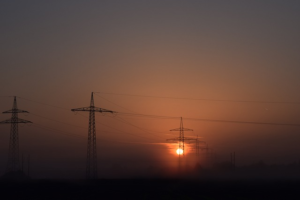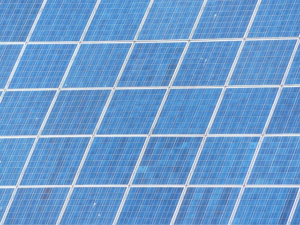
Ripeesh Pillai’s houseboat is tricked out with two brand-new solar panels, hovering on the two-bedroom craft’s roof like giant space saucers. Intended to harness the hot sun that bakes Kerala, India’s southernmost state, the panels are part of a new green initiative to rehabilitate Lake Vembanad and its backwaters, which lure vacationers with houseboat tourism.
Pillai’s boat is moored on Lake Vembanad—India’s largest lake—near the coastal town of Alleppey. It’s a modified kettuvallam or traditional, fat-bellied sailboat with a curved, thatched roof. The boats once hauled rice and spices; now they ferry travelers through Kerala’s backwaters—a 560-mile network of scenic canals and lagoons lined with quaint villages, bird sanctuaries, palms, and rice paddies.
Solar panels are among the new green initiatives meant to address environmental issues that plague this region and to make houseboat tourism sustainable. With the pandemic waning and houseboats cruising again, many wonder if enough is being done to restore the health of the lake and its backwaters.
Multiple ferries operate on Kerala’s Lake Vembanad, including this solar-powered one introduced in 2017. Plans are afloat to add solar panels to all commuter ferries on the lake.
Please be respectful of copyright. Unauthorized use is prohibited.
Please be respectful of copyright. Unauthorized use is prohibited.
Please be respectful of copyright. Unauthorized use is prohibited.
Left: Visitors take in the view of Lake Vembanad from the city of Alleppey in India’s Kerala state. The lake is a popular vacation spot for Indians and visitors from other countries.
Right: Both recreational and professional fishermen cast lines and nets in Lake Vembanad. The lake has seen a 40 percent drop in its fish population in recent years due to pollution and climate change.
A watery paradise in ‘God’s Own Country’
Kerala is one of India’s top tourist destinations, anchored by the 1,000 or so houseboats in Lake Vembanad. Captained by local boatmen, kettuvallams move to old world agricultural rhythms. Travelers sleep and dine onboard, stopping in villages to eat fish curries or learn to weave coconut pulp into coir rope.
A UNESCO Ramsar site—which designates wetlands of international importance—Lake Vembanad is a biodiversity hotspot teeming with fish and birds. The watershed also supports some 1.6 million people, many of whom work in fishing, farming, and tourism.
But, pollution, unethical fishing practices, and emissions from the idyllic-seeming houseboats threaten the whole region. In the last decade, the lake has seen a 40 percent drop in its fish population, including native black clams, freshwater prawns, and karimeen (pearl spot fish).</…….






